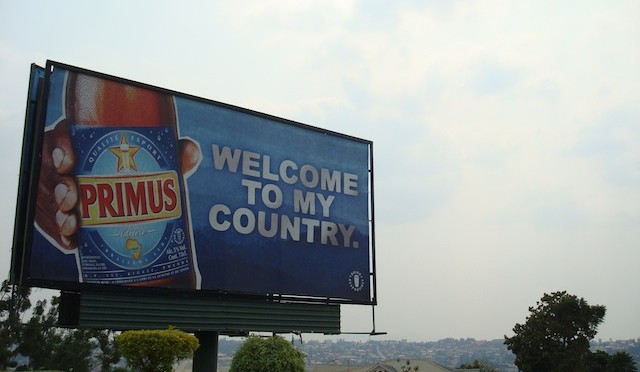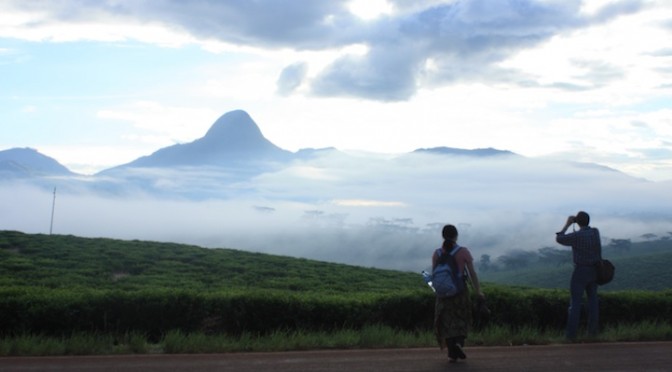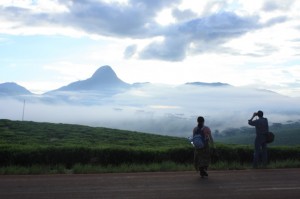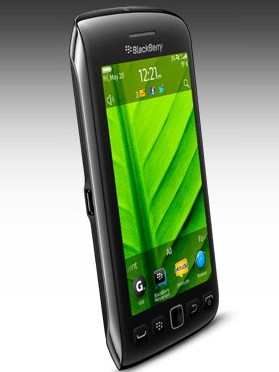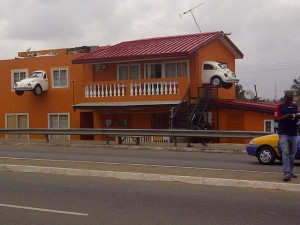The duty free at the airport is ridiculously cheap – with cigarettes cartons US$1 cheaper than in Nairobi and the Scottish single malt, Glenmorangie, cost just US$28 as compared to $40-50 for the same bottle in Singapore, Europe and the USA!
Kigali is a small town and reminds me of Bangalore in the late 1980s before the big boom – it has pleasant weather, mountainous vistas, hillsides with homes and a slower pace filled with mopeds – such as TVS 50 and ubiquitous “motos” = boda bodas. All drivers have helmets, with spare for riders and they are marked with numbers and names. Taxis were less commonly seen.
Where to stay: We stayed at the Hotel Chez Lando – close enough to the airport yet it felt central to the town. We paid US$ 60 per single room which were neat, clean and comfortable. Only soap is offered in the bathrooms though and such amenities were limited. On the other hand, guests have Wi-Fi internet access (via password) throughout this garden style hotel.
There is breakfast included in the rooms, as well as a bar and restaurant . The hotel also has pleasant walkways with the heady scent of night blooming jasmine when walking through to the guest rooms.
Note: There was a theft in my room and the front desk was reluctant to act upon it in any way. We hear that police tend to say “It must be Kenyans” if thefts occur, and this had also happened to our colleague who had her house burgled by 4 armed men who took everything of value. Rwandans will claim Kigali is safer than Nairobi, but I leave that to your judgment.
Communications: Our Safaricom connection worked but even though Airtel advertising has seen around Kigali the prepaid Airtel one did not, – & they say that it will be arriving soon.
The top two service operators here are MTN (see everywhere, discreetly) and Tigo. We also saw internet cafes and one assumes most businesses and hotels have broadband as that was widely advertised through RwandaTel. Is Rwanda working towards internet access (and thus provision of eGovernment services) for all? Yes, that I would agree with based on what I heard (though MTN money from the city to rural recipients, is not yet convenient for due to shortage of agents) and saw (our visa response rates)
Dining We ate at the Hotel Chez Lando that was reasonable with beer in an open air environment, food tends towards a European menu rather than more local offerings that seem available in Kenya; one of the many Chinese restaurants had good food, fast service and was affordable and there was also KhanaKhazana – a premium Indian restaurant whose food (speaking as an Indian from India) was superb, some of the best I’ve eaten and the restaurant was packed with expats from all over the world. The service was better, in my personal estimation, than in Kenya, although our Kenyan
colleagues feel the Rwandans to be slow. There is tradeoff made there for waiters here are empathetic, courteous, and willing to help you choose and navigate the menu.
Beer: Mutzig is the highly recommended local beer and its better than a Heineken and maybe (dare I say) than Tusker! It comes in two sizes, extra large and regular and is the preferred beer over the more plebian Primus (considered the Budweiser of Rwanda).
Our hotel’s bar was packed with non resident diners (the front half is separated by a garden gate from the residential half) and had TV sets, a pool table and casual open air seating. On the other hand, with all its non smoking rules, and Rwanda is said to be stricter about smoking than Kenya. However, this was not felt as a major constraint by our smoking colleague.
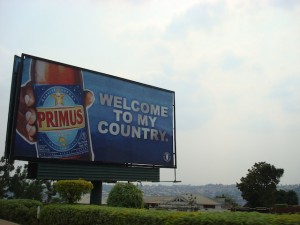 Shopping & Sightseeing: Not much of this happened due to our packed
Shopping & Sightseeing: Not much of this happened due to our packedwork schedule but a must-see in Rwanda is the Genocide Museum in Butare. The reverberations of this nations’ events of 1994 can still be sensed across the country (we went deep south close to the Burundi border as part of our
work, passing the Ethnographic Museum) and influences the country’s patterns of behaviour. April is the national month of mourning and the country, effectively shuts down.
Rwanda cannot be understood without understanding this national event, and even our group (on a commercial trip) could not avoid the bullet holes in our local office, or the scars – both mental and physical – as some of our colleagues, narrated their stories of survival.
One also did not see much activity such as jua kali metalworks, fabricators etc. and the rural market’s household goods shop had only china made offerings and no local ware such as in Kenya. Only one tailor was seen on the 110 KM trip to upcountry locale. Biashara is not as obvious nor as common, and one has heard is much more regulated by local councils and regions. In Kigali, Indians were seen doing business as were the Chinese.
Biggest Surprise: Rural Rwanda barely noticed us mzungus and we did not feel we were foreigners like we had in other rural regions e.g. in Kenya. Only in a rural market, was our Kenyan colleague teased for having a mzungu with her. Our second biggest surprise, (coming from Kenya,) was the minimal wall paintings seen across rural Rwanda and how structured and regimented the buildings were – similar construction, similar colours and mostly natural earth walls in comparison to the bright series of walls (with cheap corporate advertising) one sees in Kenya.
Overall, a peaceful, small, well managed nation was the impression left although one could see prisoners in their bright orange suits at work in the city as well in the rice fields in the rural areas. Prisoners do not escape when working the fields because, if they do, their families homestead will be confiscated in return by the government.
